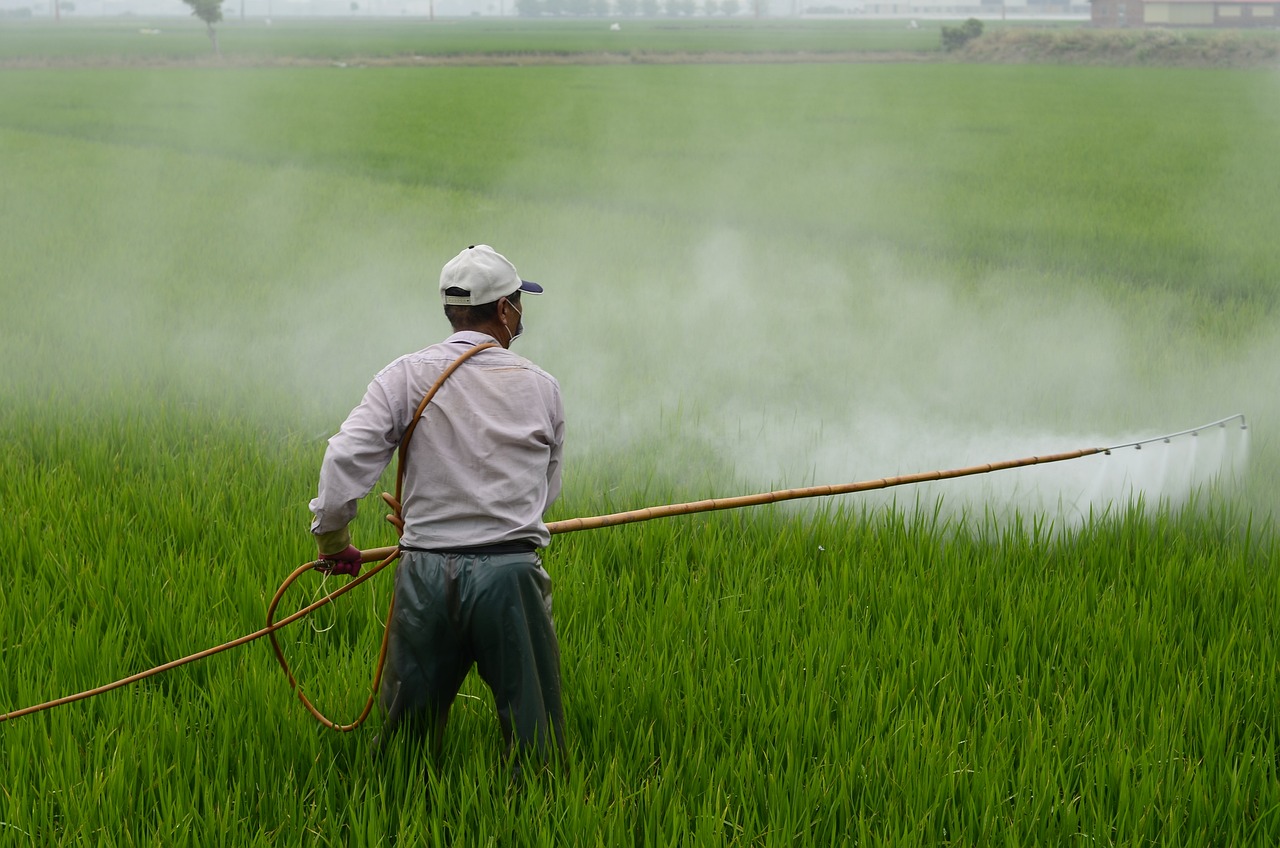Effects of Pesticides on Soil and Harvest
Pesticides have long been hailed as a necessary tool in agriculture, aiding in the protection of crops against pests and diseases. However, their widespread use has raised concerns about their impact on both the environment and human health. In this blog, we delve into the intricate relationship between pesticides, soil health, and crop yields, shedding light on the multifaceted effects that these chemical compounds can have on agricultural ecosystems.
The Impact on Soil Health
Not all microbes are created equal! Just like in life, it is important to have diversity. Pesticides, particularly broad-spectrum ones, can disrupt the delicate balance of microbial communities in the soil. Beneficial microbes essential for nutrient cycling and soil fertility may be adversely affected, leading to imbalances in soil ecosystems.
Soil structure and composition can also be seriously affected. Continuous exposure to pesticides can degrade soil structure and reduce its ability to hold water and nutrients. This can result in increased erosion, loss of soil fertility, and decreased agricultural productivity over time. These chemicals can also accumulate over time, in a negative way. Pesticide residues can persist in soil long after their application, posing a threat to subsequent crops and potentially leaching into groundwater. This accumulation not only impacts soil health but also raises concerns about food safety and environmental contamination.
The Effects on Crop Yields
Prolonged pesticide use can lead to the development of pest resistance, rendering certain chemicals ineffective over time. This necessitates higher pesticide doses or the adoption of alternative control methods, which may further exacerbate environmental impacts. These pesticides can also lack specificity and harm non-target organisms such as pollinators, beneficial insects, and soil-dwelling organisms. The decline in these populations can disrupt ecosystem balance and compromise natural pest control mechanisms, ultimately affecting crop yields. Perhaps one of the worst offenses is the disruption of the intricate web of interactions within agricultural ecosystems, impacting predator-prey relationships and biodiversity. This disturbance can have cascading effects on ecosystem services vital for crop production, such as pollination and nutrient cycling.
Mitigating the Impact
So what can we do to minimize the effects? Adopting IPM(Integrated Pest Management) strategies that prioritize preventive measures, biological control agents, and reduced pesticide usage can minimize the reliance on chemical inputs while maintaining crop yields and reducing environmental harm. It’s also been shown that embracing organic farming methods, which prohibit the use of synthetic pesticides and prioritize soil health and biodiversity, can mitigate the negative impacts of pesticides on both soil ecosystems and crop yields. Implementing soil conservation practices such as cover cropping, crop rotation, and reduced tillage can further improve soil structure, enhance microbial diversity, and reduce the need for pesticides by promoting natural pest control mechanisms.
Don’t Let the Dirt Get You Down
The effects of pesticides on soil health and crop yields are complex and far-reaching, highlighting the need for sustainable agricultural practices that prioritize environmental stewardship and long-term food security. By fostering soil health, embracing integrated pest management approaches, and promoting biodiversity conservation, we can cultivate resilient agricultural ecosystems that thrive without compromising the health of our planet or its inhabitants. Get your fields scouted and your soil tested so you can do what’s best for your plants and your pocket!

